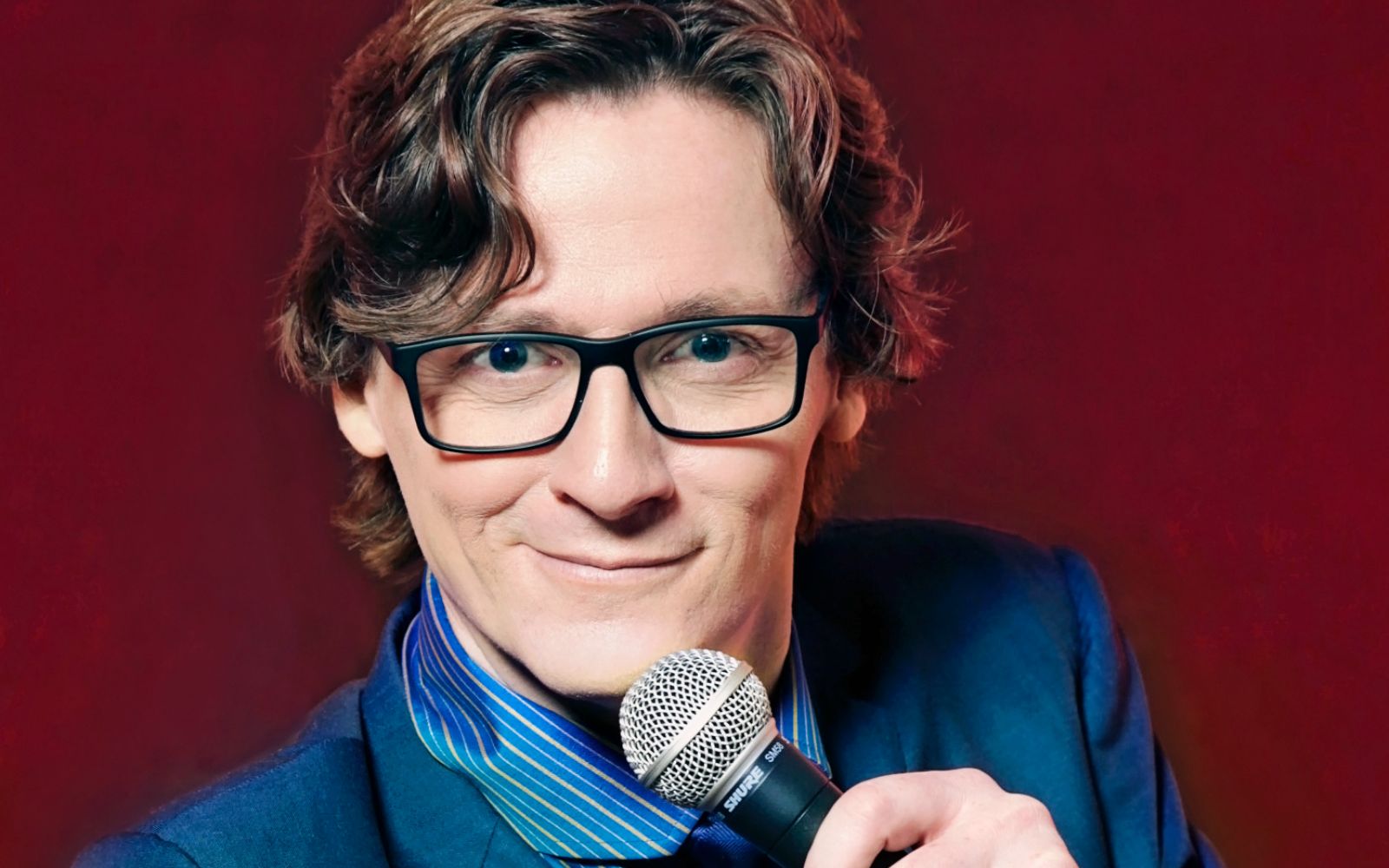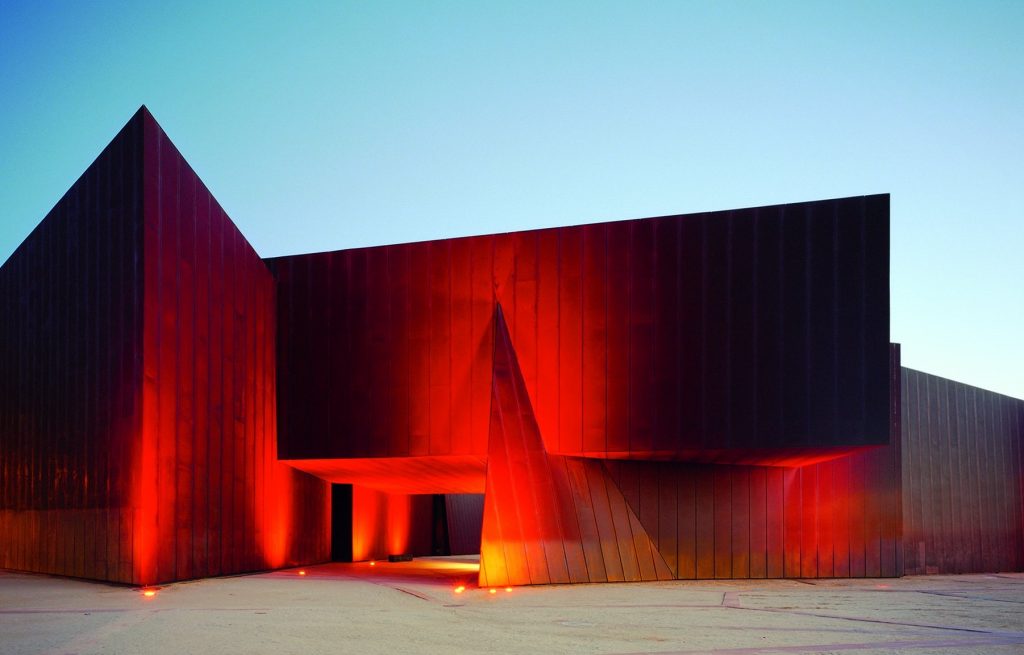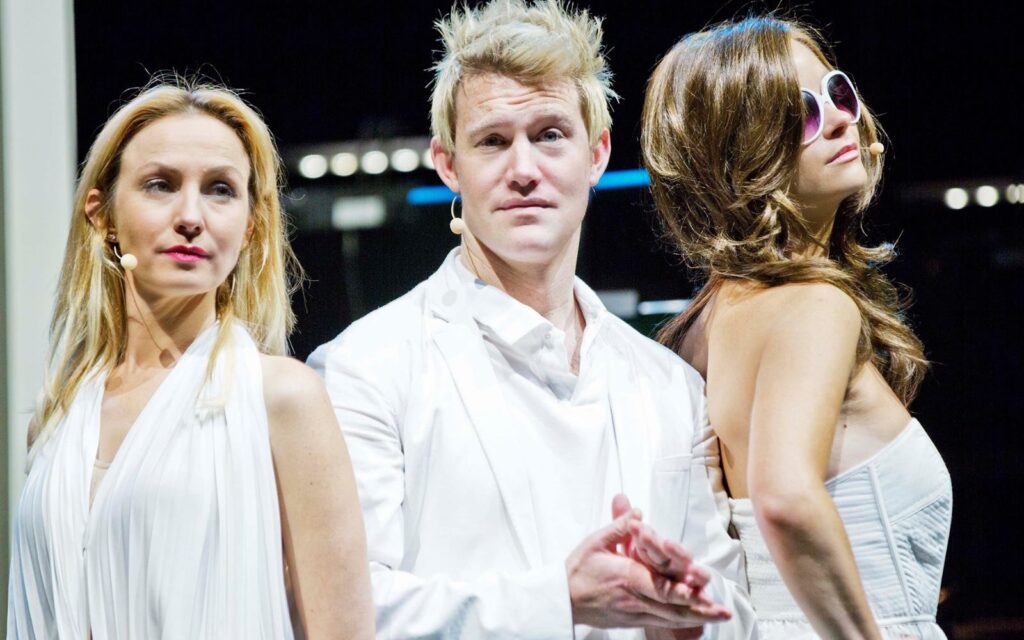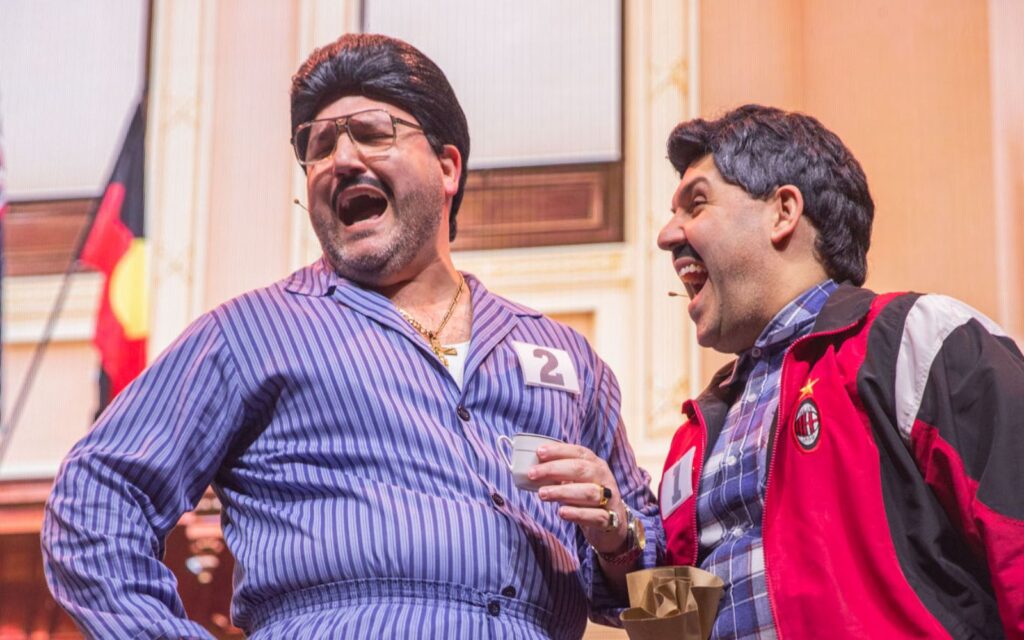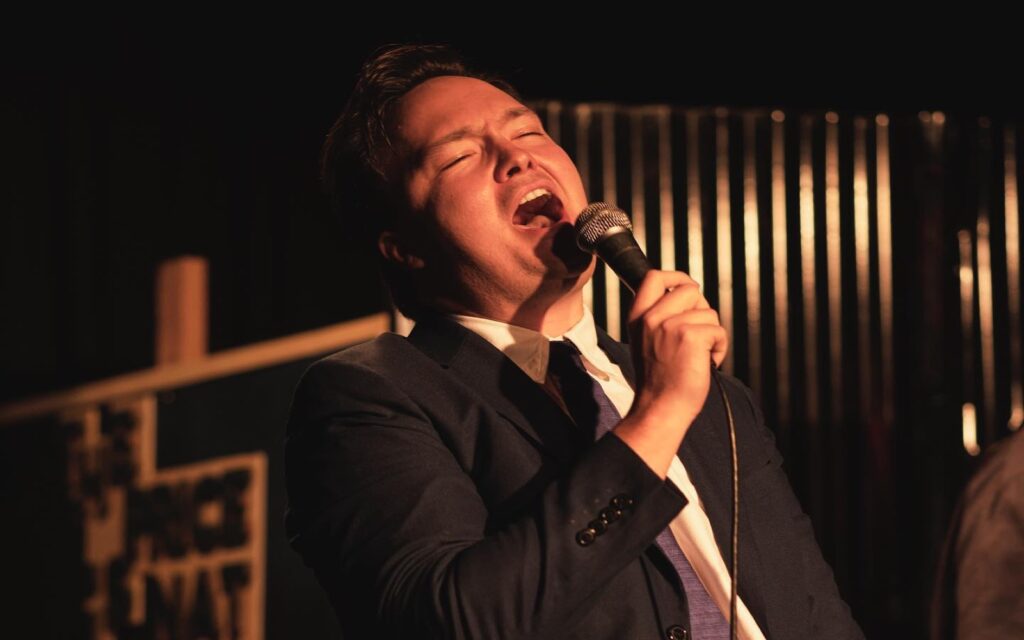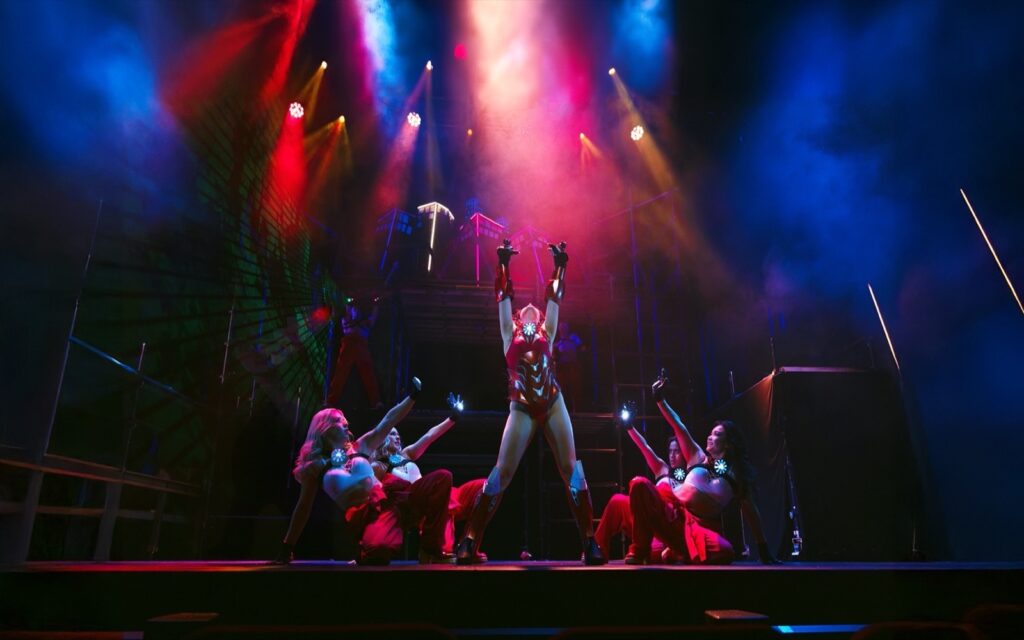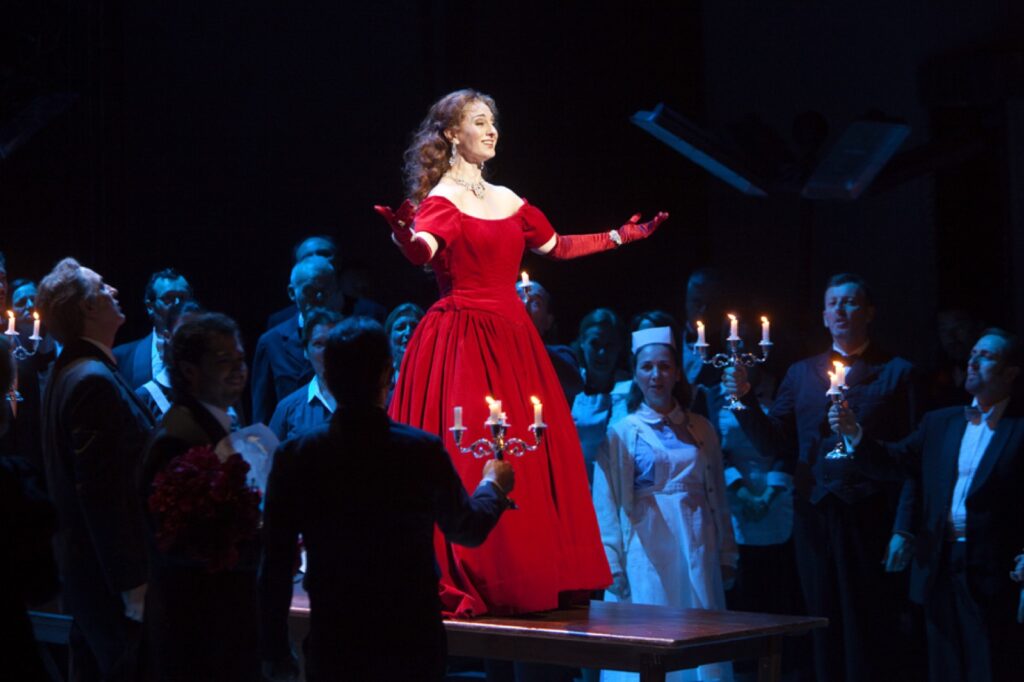Irish comedian Ed Byrne arrives on stage like a cannon sneezed him.
One minute later, Ed Byrne has fired 11 jokes. Every one of them has transformed the ordinarily sterile Beckett Theatre (a theatre inside the wider Malthouse Theatre site) into a rooster cage having a feather storm of its own making.
This one in the next seat is cackling himself into a puddle of his own snorty blubber. Someone needs to put him out of his misery with a feather, because Ed Byrne can’t stop doing these freaking jokes and… oh boy… thy neighbour is soon regressing into a positive agony, laughing at how incensed Ed Byrne is about the idea that Irish people sneak off without saying goodbye.
Explore Melbourne’s latest arts and stage news, features, festivals, interviews and reviews here.
But a quick rewind. Right before the show, the Beckett Theatre was blasting the froggy-throated shamanism of Pearl Jam’s Given to Fly. Not insignificant, we will learn. Byrne and his late younger brother, comedy writer and producer Paul Byrne, bonded intensely over the band. As Byrne remembers, there were late-night listening sessions, lyrics analyses, road trips to gigs and merch and concert ticket binges.
Their connection is to the heart of tonight’s show, Tragedy Plus Time. When Byrne unpacks his relationship with his brother, who passed away in 2022, we learn about the nuclear falling out they had prior to his younger brother’s death.
Through retrospect, Byrne reveals why it’s really not worth going to brotherly war when phone satellite navigation settings get you lost on an errand. Byrne says that the brothers didn’t speak for a lot of the last 16 months of his younger brother’s life. We hear about their reconciliation, quality times they had in the hospital, moments in the final hours at the hospital bedside, cremation and how the dust (figurative) is settling.
If it sounds like it could be maudlin (or ought to be), but it isn’t. In fact, this is one of the fundamental reasons why the show is well worth the comprehensive thumbs up it has received from critics (Tragedy Plus Time was the most well-reviewed show at the most recent Edinburgh Festival).
Byrne, in all his affable freneticism, guides the audience through his tragic experience with comical aplomb and triumphantly navigates the denouement.
Along the way, we get jokes about Melburnian attitudes to being out past 9pm on a school night, white middle-aged men’s tendencies to podcast and Bryne’s objection to characterisations that describe him as “spritely” (a term better reserved for octogenarians who put their own socks on).
“Tragedy plus time” is also an idea attributed to Mark Twain. In demystifying humour, it posits that, if something is tragic at the time, it will become funny later, once enough time has elapsed. Byrne’s show adopts the name, as it’s intended to put the idea to the test.
But what Byrne really impresses (as he acknowledges) is that, if being right means you’re no longer on speaking terms with a loved one, then maybe you’re still wrong. And that, in the wake of loss, would be tragic.
Byrne exits tonight’s show to a devout ovation. Pearl Jam comes back on and this one in the next seat stills to a state fit for a towel, bucket and mop. It’s been a hell of a roller coaster.
Ed Byrne’s Australian Tragedy Plus Time tour is on until May. Find tickets here.
